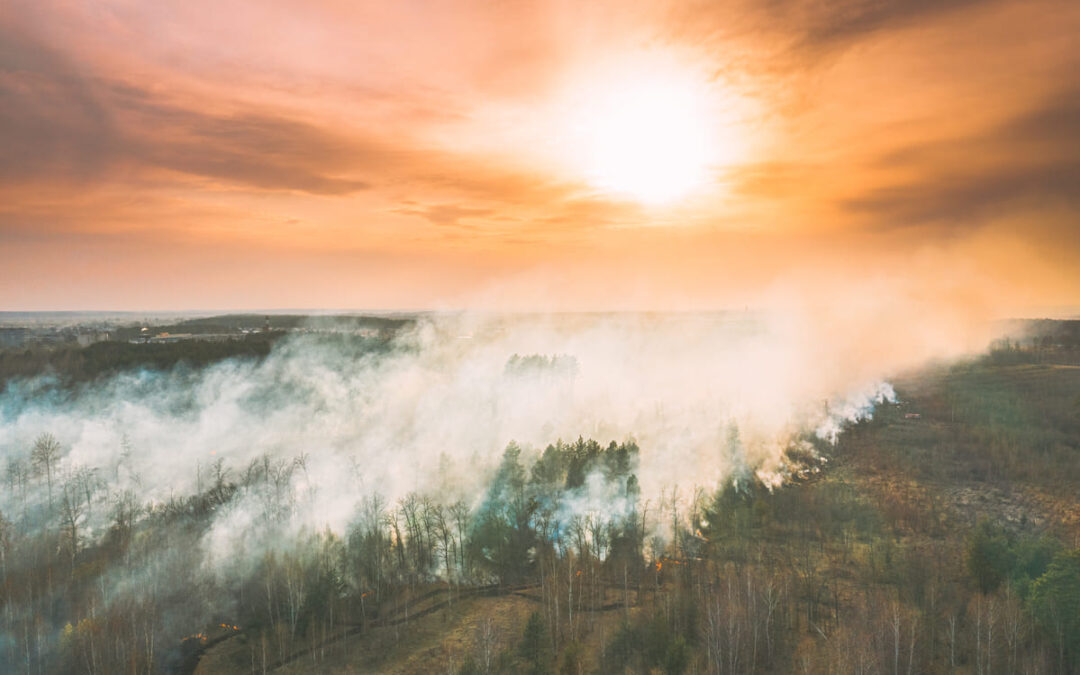Public storage units are a perfect solution to freeing up room in the home while keeping the excess belongs safe until they are needed. They are often quite affordable and come in various sizes to accommodate different quantities of items. They are also very secure with round the clock security cameras monitoring the property. However, there are dangers that a self-storage unit simply can’t defend against.
No, we’re not talking about a secret society of storage ninjas that will break into your self-storage unit undetected. We’re referring to mother nature and her sometimes devastating natural disasters. Floods from torrential rain, tornados, earthquakes, or fires are all ways a public storage unit can be vulnerable along with whatever is inside of it. So it’s important to know what to do in this situation, and the best ways to protect your belongings.
Protect Your Stored Items
A natural disaster does not always mean total devastation. There are some ways to protect some of your items from being susceptible to flooding or other types of damage. Keeping items off the ground as much as possible is a great way to give yourself an extra line of defense. You can use wooden planks or steel framing to place furniture on top of. Other items that are slightly more valuable can be wrapped in plastic and placed in waterproof containers to protect them further.
Don’t Store Priceless Items
Not everything with some sentimental value is considered to be “priceless” so remember that when choosing what to keep in your storage unit. This usually applies to items that cannot be replaced or have a monetary value far higher than many other items you own. It’s probably not the best idea to store expensive art or your wedding dress in a storage unit to omit the chances they could be destroyed by a natural disaster.
Insure Your Belongings
The first thing you should do when signing the rental agreement for your storage unit is to purchase some insurance along with it. In most cases, it’s mandatory that you purchase some kind of insurance and while it will increase your rent slightly, the trade-off is more than justifiable.
You should be aware of the types of disasters that are expected to happen in the area that your storage unit is located to ensure you’re adequately covered should that force of nature strike.
It’s also a good idea to brush up on the procedures of how to properly file a claim ahead of time. This will save you time from having to learn this process in the event a natural disaster strikes, allowing you to get compensated quicker.

